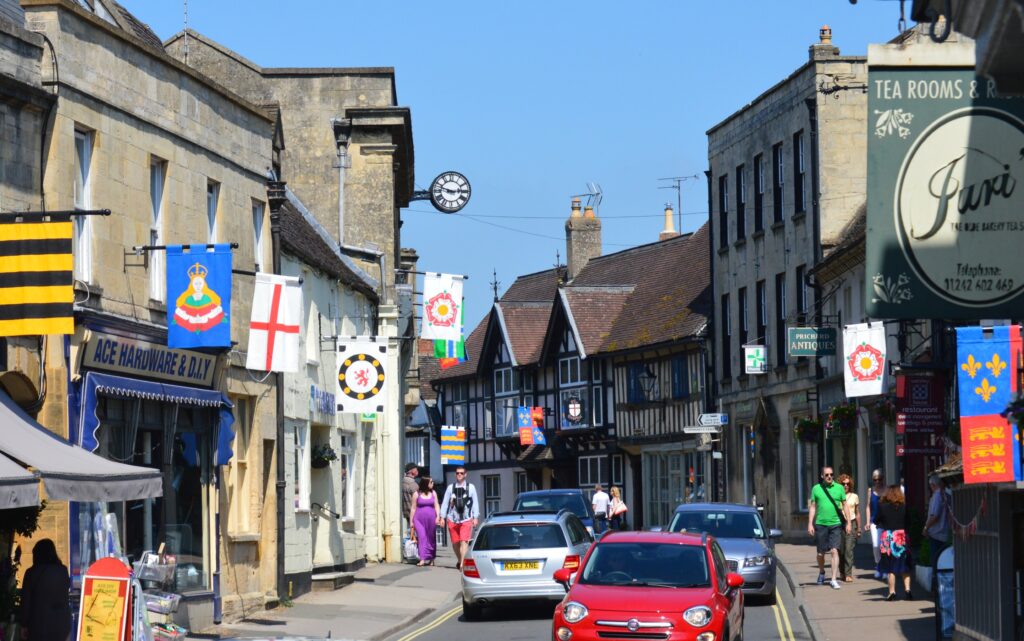Dr John Powell was at the ESRC Workshop on ‘New commons – Vision, Practicalities and Application’ on 18 November, where he presented a paper on ‘New Commons in the rural-urban fringe’.
 The workshop was held at the National Trust offices in London. It was the second in a series on ‘Realising New Commons’, organised by Duncan Mackay from Natural England and Professor Chris Rodgers of Newcastle University.
The workshop was held at the National Trust offices in London. It was the second in a series on ‘Realising New Commons’, organised by Duncan Mackay from Natural England and Professor Chris Rodgers of Newcastle University.
John’s presentation explored issues surrounding the identification and creation of new commons in what has been termed a ‘complex landscape – a zone of intermingling uses’. The presentation addressed existing common land and town and village greens, the potential for developing new commons using the commons Act 2006 (John was the Defra Lead Policy Official for Part 2 of the Act during its formulation and Parliamentary stages), and a range of other possible resources that could be managed ‘in common’ if suitable institutional arrangements could be put in place. These ‘new commons’ include community forests, various forms of access (both formal and informal), ‘temporary’ commons, ‘artificial bits’ (land left over during development or deliberately created as small communal places), biodiversity, and landscape. One idea considered was the notion of managing greenbelt land, or entire areas of rural-urban fringe, as ‘a commons’, and how that might alter the way these territories are both perceived and managed, in order to deliver benefit streams for residents and ecosystem services to adjacent urban areas.
Overall, the Workshop identified opportunities, in the form of organisations such as the Land Trust with capacity for managing land in the public interest, bottom up collective action that develops social capital and empowers people to create local commons, (an example was described by Pam Warhurst from ‘Incredible Edible Todmorden’), and utilising Section 6 of the commons Act 2006 to create new commons with a solid legal foundation described by Chris Rodgers. Difficulties highlighted include the temporary nature of land holdings in the rural-urban fringe, problems in developing social capital and collective action, the paucity of funding, and the need to find altruistic landowners willing to share some aspects of their landholding with a wider community of users.
John has blogged extensively on the subject of commons over the last couple of years. His articles can be found on the CCRI website.




